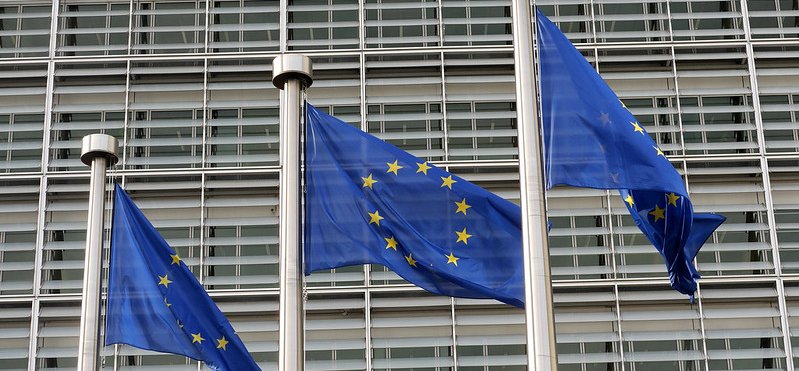EASA survey reveals cautious optimism over aviation AI ethics
Survey participants emphasised the need for regulation and oversight to ensure AI in aviation remains safe, explainable and certification-ready.

The European Union Aviation Safety Agency (EASA) has published survey results probing the ethical outlook of aviation professionals on AI deployment, released during its AI Days event in Cologne.
The AI Days conference gathered nearly 200 on-site attendees from across the globe, with even more participating online.
The survey measured acceptance, trust and comfort across eight hypothetical AI use cases, yielding an average acceptance score of 4.4 out of 7. Despite growing interest, two-thirds of respondents declined at least one scenario.
Their key concerns included limitations of AI performance, privacy and data protection, accountability, safety risks and the potential for workforce de-skilling. A clear majority called for stronger regulation and oversight by EASA and national authorities.
In a keynote address, Christine Berg from the European Commission highlighted that AI in aviation is already practical, optimising air traffic flow and predictive maintenance, while emphasising the need for explainable, reliable and certifiable systems under the EU AI Act.
Survey findings will feed into EASA’s AI Roadmap and prompt public consultations as the agency advances policy and regulatory frameworks.
Would you like to learn more about AI, tech and digital diplomacy? If so, ask our Diplo chatbot!
